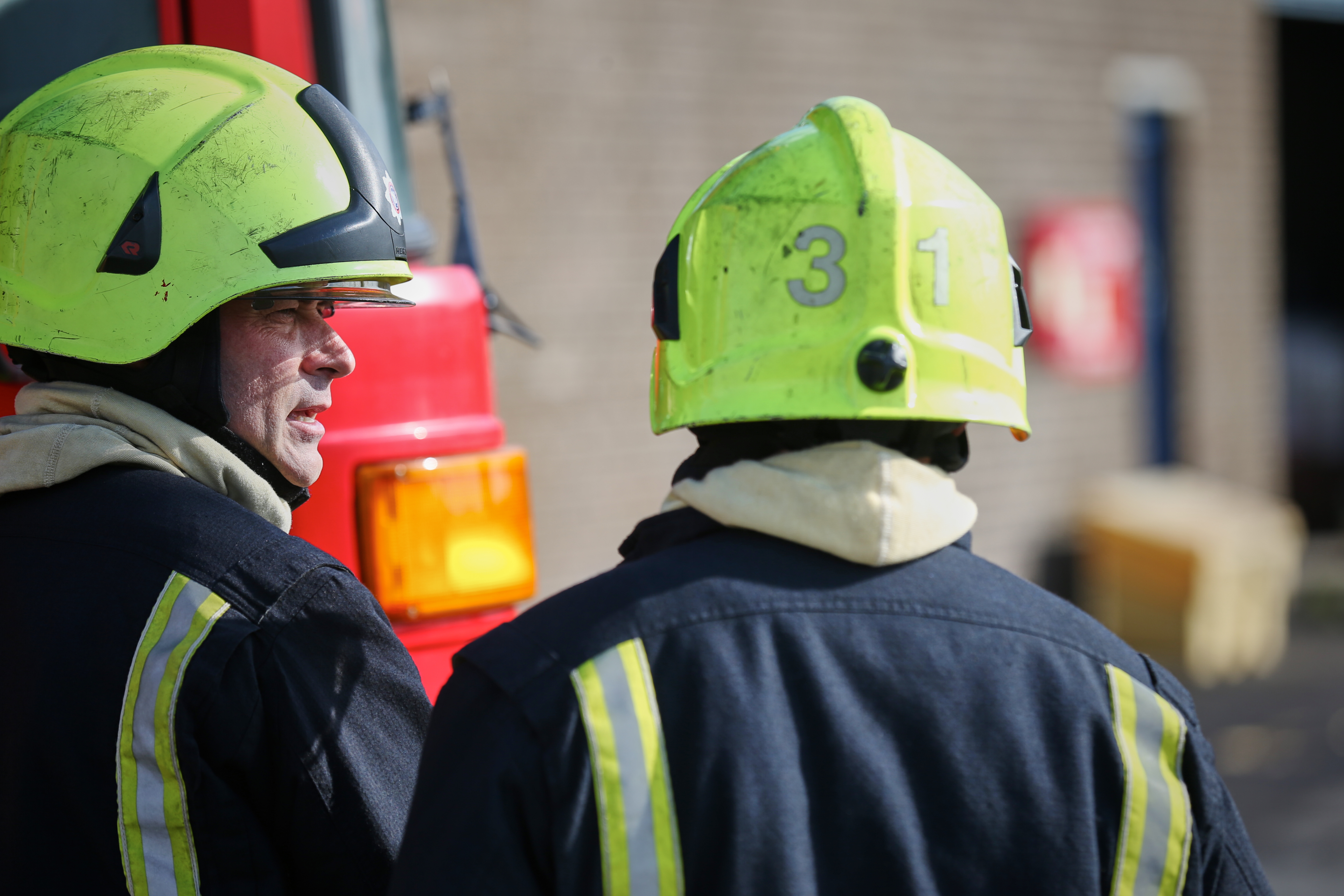Just because you wear a uniform doesn’t mean death doesn’t have an impact on your own mental health and wellbeing. Especially during the coronavirus pandemic as firefighters are taking on more responsibilities to support the front line workers and being more exposed to death.
Some firefighters are now driving ambulances or assisting paramedics, delivering food and medical supplies to the vulnerable, moving medical supplies for the NHS, and working with the police to move the deceased to a place of rest.
Meanwhile, they’re also continuing to respond to normal FRS emergencies, while supporting the response to the pandemic.
17 of our firefighters are now supporting @EastEnglandAmb colleagues by driving ambulances 🚑
This means paramedics are freed up to provide essential care for patients en route to hospital.
We're excited to work more closely together. Do your bit too: #StayHomeSaveLives pic.twitter.com/Ygx88KVQf0
— Herts Fire & Rescue (@HFRS) April 15, 2020
Firefighters are no strangers to dealing with death, loss and trauma on a regular basis. The exposure to these can take an emotional toil in ordinary life, so we cannot underestimate the psychological impact of the increased exposure to death during this pandemic.
We know many of our fire community also have close links with healthcare workers, either through spouses, family members or friends, which brings with it its own concerns for an increased exposure to death and sorrow. While death is part of the job, this pandemic has thrown us into uncharted territory. Not only have working conditions changed beyond recognition, key workers are witnessing more deaths, seeing people dying without loved ones beside them and often having to break the news of someone’s passing over a video call to their family members.
Dealing with death and dying is difficult under any circumstance, whether you work in the fire and rescue service or health and care industry or not. When faced with death, professionalism and training kicks in as you care for the deceased with sensitivity, dignity and respect. But often, you stifle your personal emotions in doing so. But you’re only human. You need to be able to deal with your own feelings of sadness, grief and pain.
So how can you protect your mental health during these times of unprecedented levels of death?
First of all, know that it’s normal to be affected by death, even more so at the moment. There is no right or wrong way to feel.
Practice self-care and kindness for yourself. Speak to yourself with compassion. Grieve if you need to, even if you didn’t know the person. Cry if you need to.
Take your wellbeing seriously and take care of your physical health as well as your mental health. If you’re working longer hours or picking up extra shifts to support, give yourself time to rest. Practise better sleep habits, eat healthily and try to stick to a routine.
Practise mindfulness. It can be overwhelming to be constantly faced with death and suffering, so try to ground yourself in the present. Look into yoga or meditation to help calm your mind. Try watching one of our mindfulness videos.
Mortality is frightening, but it can also remind us to live a purposeful live. Every day is a gift so be open to your feelings and thoughts.
Be there for your colleagues. We know there is a degree of gallows humour when it comes to dealing with death, but just because someone is making jokes doesn’t mean they aren’t also suffering. Give strength to each other, take time for each other. If you’re working in a different team, shift, or even location, support each other, however you need it.
Communicate with people. Use your own support network of loved ones to reach out and spend time with your family or best friends (even if it can only be virtually at the moment).
If you don’t have anyone you feel you can talk to, reach out. Shout has a dedicated 24-7 text support line for blue light personnel, and the Samaritans provide round-the-clock support for anyone in crisis who needs to speak to someone.
The Government has guidance for those involved in managing COVID-19 deaths, which you can find here.
This morning firefighters at Whitehill Fire Station were greeted with this banner opposite the station 💙
Thank you to the public for their continued support 👏#SpiritofGM pic.twitter.com/qAHZmf28IQ
— Greater Manchester Fire & Rescue Service (@manchesterfire) April 14, 2020
To all front line staff working together in the fight for this virus, we applaud you.
We're training 300 firefighters from @LondonFire at @WembleyStadium – thanks to the support of the @FA.
Our partnership with the Brigade will see firefighters helping with a number of roles across our Service as we tackle the coronavirus. pic.twitter.com/dAKTTyhZ4C
— London Ambulance Service (@Ldn_Ambulance) April 15, 2020
If, like us, you’re passionate about protecting the mental health of the UK’s fire service heroes who are stepping up to support the NHS through this national crisis, please consider donating to our Charity. Every pound you donate will genuinely change someone’s life for the better and, as the coronavirus pandemic will see our fundraising income drop by an estimated 50%, your generosity at this time will help us greatly. We can’t do what we do without people like you. Thank you.

